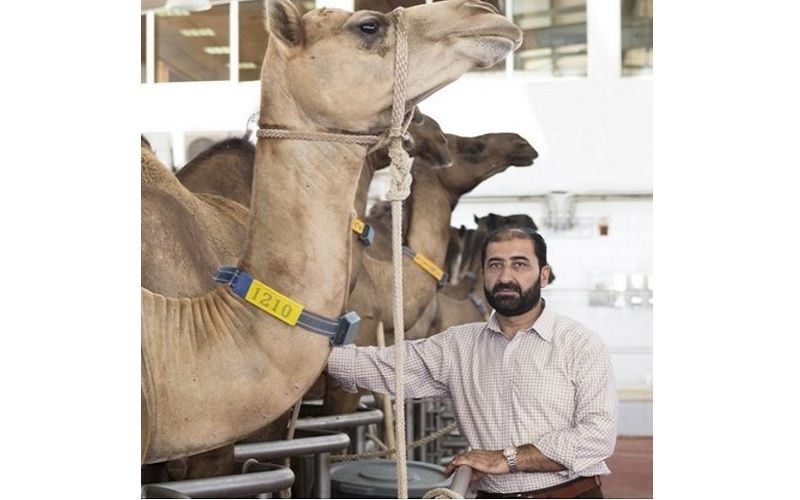A Breakthrough in Dairy Sheep Farming: Probiotic Innovation in Reproductive Health

Published in the journal Animal in 2025, the study was led by Ángel Gómez-Martín and the ProVaginBIO group from the CEU Cardinal Herrera University in Spain. It spanned four commercial dairy farms across Spain, representing diverse sheep breeds such as Latxa, Manchega, and Assaf, and was conducted throughout 2024.
The Challenge of Oestrus Synchronization
Oestrus synchronization, a routine practice to streamline breeding cycles, often requires the use of intravaginal sponges. However, this method has been associated with high incidences of vaginitis and inflammation, leading to decreased fertility and increased reliance on antibiotics.
The innovative solution presented in this study involved the application of a probiotic inoculum, containing Lactobacillus crispatus, Lactobacillus brevis, and Lactobacillus gasseri. Administered via artificial insemination catheters, this approach ensured deep and targeted delivery of the probiotics, achieving groundbreaking results.
Key Findings
-
Increased Fertility
- Fertility rates increased by an average of 10% across the study, with some farms experiencing a rise of up to 27.3% (p < 0.05).
- This boost in fertility directly translates to higher productivity and profitability for farmers.
-
Reduction in Vaginitis
- The prevalence of vaginitis dropped by 11.13%, reducing the need for antibiotics and improving animal welfare.
- A notable decrease in inflammation markers, such as neutrophil counts, was observed (p < 0.001).
-
Improved Vaginal Microbiota
- The probiotic treatment promoted the growth of beneficial bacteria (Lactobacillales), while suppressing pathogenic species like Mycoplasma spp. and Fusobacterium spp.
- This enhanced microbial balance is directly linked to reduced inflammation and improved reproductive outcomes.
Implications for the Industry
This research represents a milestone in livestock management, offering a viable alternative to antibiotics and addressing key sustainability challenges in the dairy sector. The use of probiotics not only improves animal health but also aligns with consumer demand for more sustainable and ethical farming practices.
Future Prospects
While the study confirms the safety and efficacy of this approach, further research is necessary to:
- Assess the long-term benefits and scalability of probiotic use in larger flocks and different climates.
- Develop standardized protocols for probiotic preparation, storage, and administration.
- Evaluate the economic impact, including potential cost savings from reduced antibiotic use and higher productivity.
A Step Toward Sustainable Farming
The success of this research signals a new era for dairy sheep farming. By integrating modern biotechnology with traditional practices, it offers a roadmap for reducing dependency on antibiotics while enhancing animal welfare and farm productivity.
As the agricultural sector faces increasing pressure to adopt sustainable practices, innovations like this could reshape the future of livestock management, setting a global standard for ethical and effective farming.









